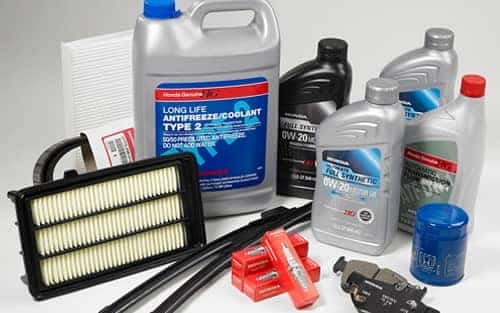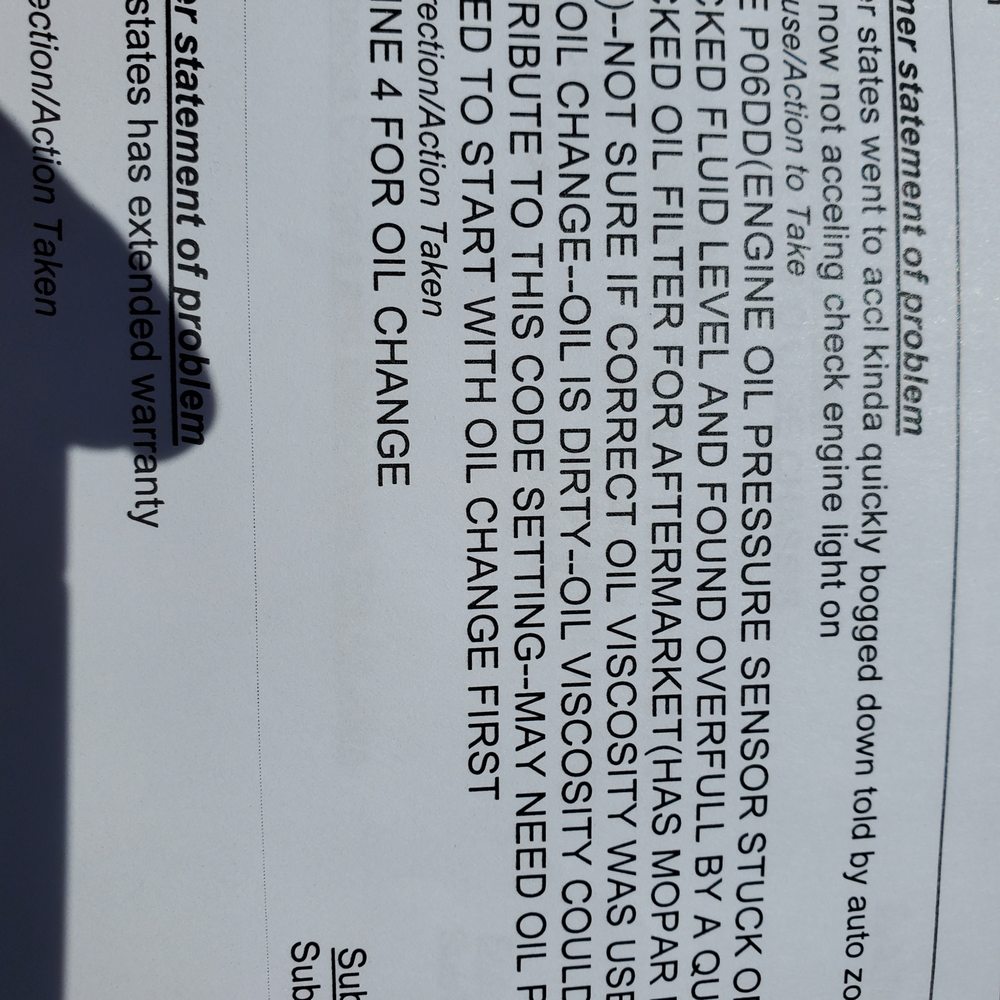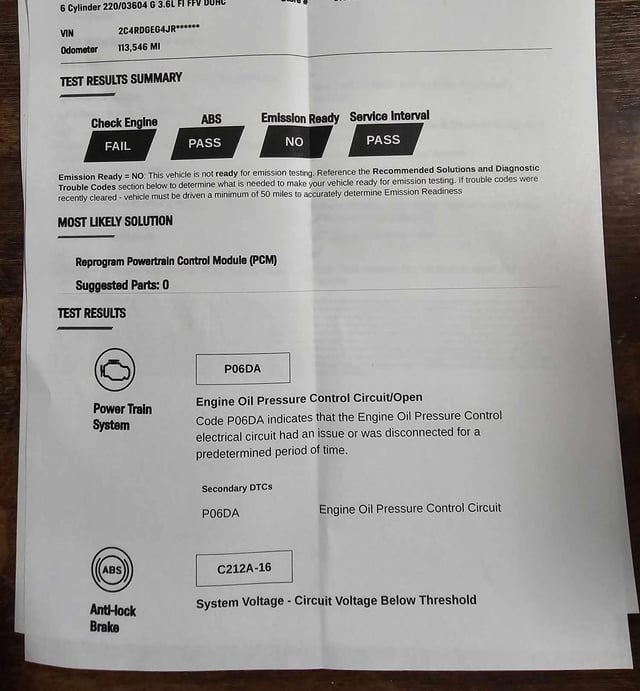Regular maintenance of engine oil is crucial to keep your vehicle running smoothly and prevent potential damage.
The Importance Of Engine Oil
Engine oil is an essential component of your vehicle’s maintenance, playing a crucial role in ensuring the longevity and efficiency of your engine. Understanding the importance of engine oil and its key functions is vital for every car owner.
Why Your Car Needs It
Engine oil is vital for reducing friction between moving parts, preventing wear and tear, and maintaining optimal engine temperature.
Key Functions In Your Vehicle
- Lubrication: Engine oil lubricates moving parts, reducing friction and preventing premature wear.
- Heat Dissipation: It helps in dissipating heat, preventing engine components from overheating.
- Contaminant Removal: Engine oil traps and suspends contaminants, preventing them from causing damage to the engine.
- Sealant: It forms a protective barrier between metal surfaces, preventing corrosion and leaks.
Recognizing The Signs Of Old Oil
Engine oil is the lifeblood of your vehicle, ensuring that all the moving parts work smoothly and efficiently. Over time, however, engine oil naturally degrades, losing its effectiveness and potentially causing damage to your engine. Recognizing the signs of old oil is crucial in maintaining the health and longevity of your vehicle. In this section, we will explore visual cues and performance indicators that indicate your engine oil is past its prime.
Visual Cues
Visual cues can provide early indications that your engine oil needs to be changed. Check the color of the oil on the dipstick – fresh oil is typically amber or light brown, while old oil becomes dark and murky. Additionally, inspect the consistency of the oil – if it feels gritty or contains visible particles, it’s time for a change. Look for any metallic shimmer in the oil, which could indicate the presence of metal shavings from engine wear.
Performance Indicators
Pay attention to your vehicle’s performance as it can also signal old engine oil. Listen for unusual engine noises, as old oil can lead to increased friction and metal-on-metal contact. Monitor your fuel efficiency – if you notice a decrease in miles per gallon, it could be due to old oil causing the engine to work harder. Be aware of sluggish acceleration or a rough idle, as these can be symptoms of inadequate lubrication due to old oil.
Timely Oil Changes: More Than A Suggestion
Regular oil changes are crucial for maintaining the health and longevity of your vehicle’s engine. Ignoring or delaying these routine maintenance tasks can have significant consequences, potentially leading to costly repairs and reduced performance. Let’s explore the importance of timely oil changes and the potential repercussions of neglecting this essential maintenance.
Recommended Intervals
Following the manufacturer’s recommended oil change intervals is vital for preserving the engine’s functionality. Consult your vehicle’s manual to determine the specific mileage or time-based intervals for oil changes, typically ranging from 3,000 to 10,000 miles or every 3 to 6 months, depending on driving conditions and the type of oil used.
Consequences Of Delay
Delaying oil changes can result in decreased lubrication, leading to increased friction and heat within the engine. This can cause accelerated wear and tear on critical components, potentially resulting in engine damage, decreased fuel efficiency, and compromised performance. Additionally, neglecting oil changes may void the vehicle’s warranty and reduce its overall lifespan.

Credit: www.smarthondadesmoines.com
Choosing The Right Oil For Your Car
Choosing the right oil for your car is crucial for maintaining optimal engine performance and longevity.
Viscosity Grades Explained
Viscosity grades indicate the oil’s thickness and its ability to flow at different temperatures.
Synthetic Vs. Conventional
Synthetic oil offers better protection and performance than conventional oil.
The Diy Oil Change
Maintaining engine oil is crucial for proper engine performance. DIY oil change is a cost-effective way to keep your vehicle running smoothly. Regular oil changes prevent engine wear and improve fuel efficiency.
Tools You’ll Need
Before you start your DIY oil change, make sure you have the necessary tools. Here’s a list of things you’ll need:- Oil filter wrench
- Oil drain pan
- Funnel
- New oil filter
- New engine oil
- Rags or paper towels
- Oil filter pliers (if necessary)
Step-by-step Guide
Now that you have all the necessary tools, it’s time to get started. Here’s a step-by-step guide for a DIY oil change:- Park your car on a level surface and turn off the engine. Let it cool down for a few minutes.
- Locate the oil drain plug under your car and place the oil drain pan underneath it.
- Using your wrench, carefully remove the drain plug and let the oil drain into the pan.
- Once the oil has drained completely, replace the drain plug and tighten it with the wrench.
- Locate the oil filter and using your oil filter wrench, remove it. Be careful as there may still be oil in the filter.
- Take your new oil filter and lubricate the gasket with fresh oil.
- Screw the new filter into place, hand-tightening it as much as possible.
- Using your funnel, slowly pour in the new engine oil. Check your car’s manual to see how much oil you need.
- Once you’ve added the oil, replace the oil filler cap and start your engine. Let it run for a few minutes to circulate the oil.
- Turn off your engine and check the oil level with the dipstick. Add more oil if necessary.
- Dispose of the old oil and filter properly.

Credit: www.reddit.com
Professional Oil Change Services
Maintaining your engine oil is crucial to ensure your vehicle’s performance. Professional oil change services can help you avoid engine failure and costly repairs. Don’t ignore the warning signs of low oil levels or dirty oil, and make sure to have your oil changed regularly by professionals.
What To Expect
When it comes to engine oil maintenance, it’s important to have a professional handle the job. Professional oil change services ensure that your vehicle runs smoothly and lasts longer. During a professional oil change service, you can expect the following:- Draining the old oil and replacing it with new oil
- Changing the oil filter
- Checking and topping off other fluids, such as transmission fluid and coolant
- Inspecting other components, such as the brakes and tires
Finding A Trustworthy Mechanic
Finding a trustworthy mechanic can be a daunting task, but it’s crucial to your vehicle’s health. Here are some tips for finding a reliable mechanic for your oil change services:- Research and read reviews from other customers
- Look for certifications, such as ASE certification
- Ask for recommendations from friends and family
- Get a quote and compare prices with other mechanics in the area
Extending The Life Of Your Engine
Extend your engine’s life by heeding engine oil maintenance warnings. Regularly changing oil ensures optimal performance and longevity. Neglecting this vital task can lead to costly repairs.
Regular Maintenance Tips
Perform regular oil changes every 5,000 miles.
Check oil levels and quality monthly.
Use the recommended oil grade for your engine.
Monitor for leaks and address them promptly.
Avoiding Common Mistakes
Avoid overfilling the engine with oil.
Never ignore warning lights or unusual engine noises.
Don’t use the wrong oil grade for your engine.
Prevent overheating by maintaining proper coolant levels.
Eco-friendly Disposal Of Used Oil
Proper disposal of used engine oil is crucial for environmental preservation. Always adhere to eco-friendly practices when discarding used oil to prevent pollution and protect the planet. Remember to recycle or dispose of used oil at designated collection centers to support sustainable waste management.
Why It Matters
Proper disposal of used engine oil is crucial for protecting the environment.
Improper disposal can harm ecosystems and contaminate water sources.
How To Properly Dispose Of Oil
Ensure used oil is collected in a leak-proof container for recycling.
Find a local recycling center or auto shop that accepts used oil.
Never pour oil down the drain or into the ground.

Credit: www.reddit.com
Frequently Asked Questions
How Often Should Engine Oil Be Changed?
Engine oil should be changed every 3,000 to 5,000 miles, or as recommended by your vehicle manufacturer. Regular oil changes help maintain engine performance and prolong the life of your vehicle.
What Happens If Engine Oil Is Not Changed Regularly?
If engine oil is not changed regularly, it can become dirty and lose its lubricating properties. This can lead to increased friction, wear and tear on engine components, and potentially engine damage. Regular oil changes are essential for optimal engine performance.
Can I Use Any Type Of Engine Oil For My Vehicle?
No, it is important to use the type of engine oil recommended by your vehicle manufacturer. Different vehicles require different types of oil, such as synthetic or conventional, and different viscosity grades. Using the wrong type of oil can affect engine performance and potentially void your vehicle’s warranty.
How Can I Check My Engine Oil Level?
To check your engine oil level, park your vehicle on a level surface and wait for the engine to cool down. Locate the dipstick, usually labeled “engine oil,” and pull it out. Wipe it clean, reinsert it fully, and then pull it out again.
The oil level should be between the two marks on the dipstick.
Conclusion
Regular engine oil maintenance is crucial for optimal vehicle performance and longevity. By following recommended guidelines, you can prevent costly repairs and ensure smooth operation. Stay proactive, check oil levels regularly, and schedule routine oil changes to keep your engine running smoothly.
Remember, a well-maintained engine is a happy engine.


